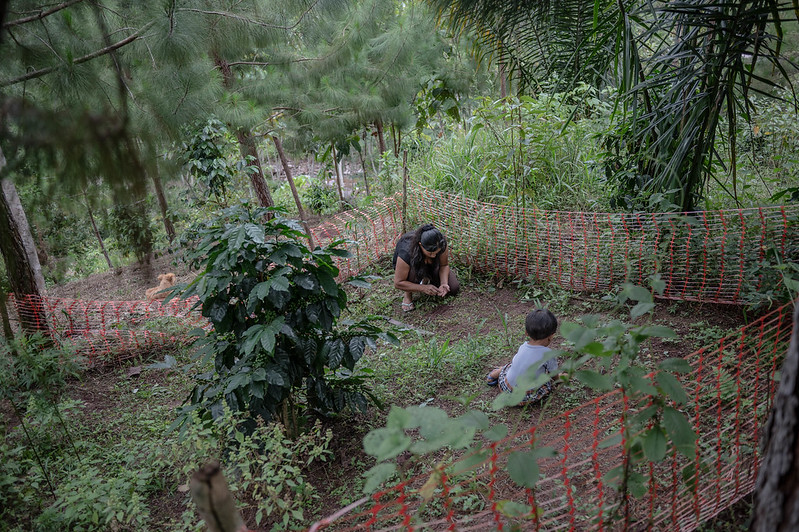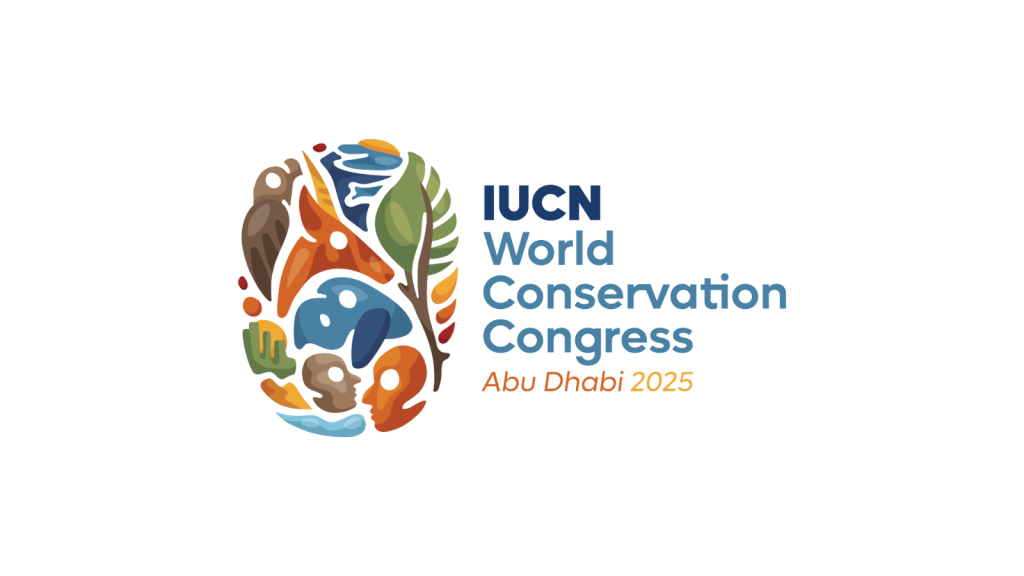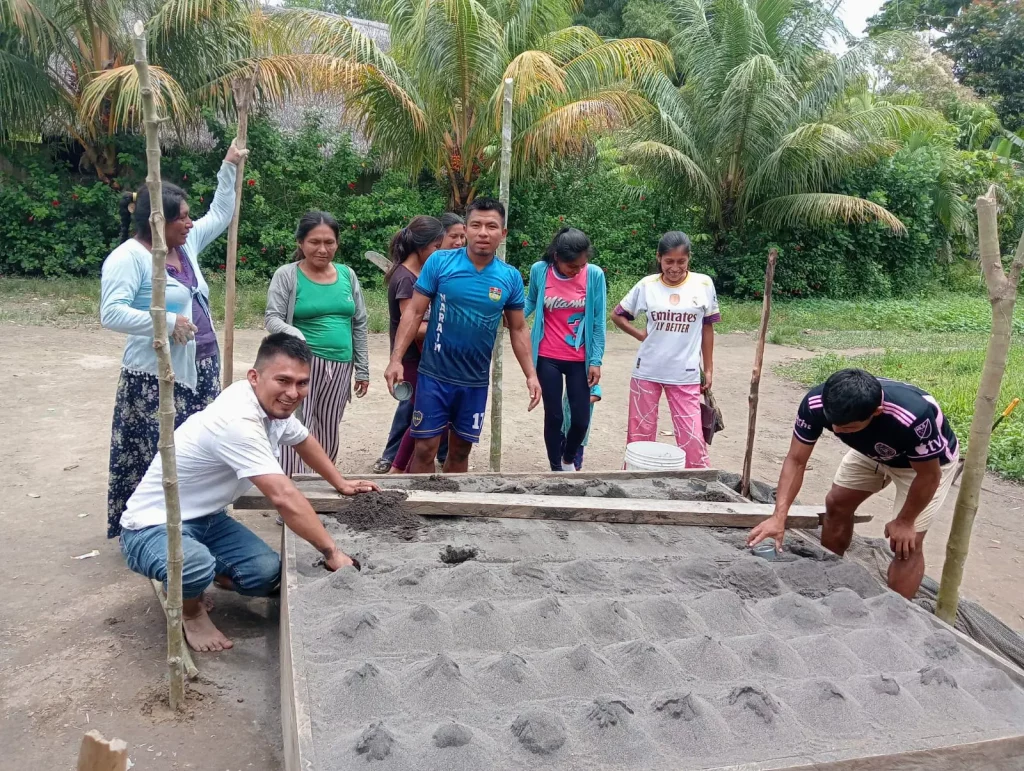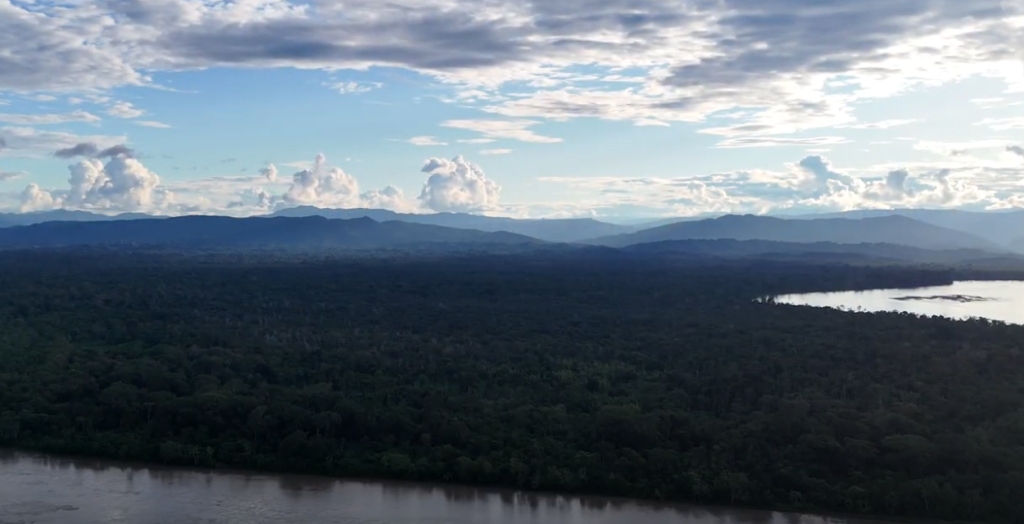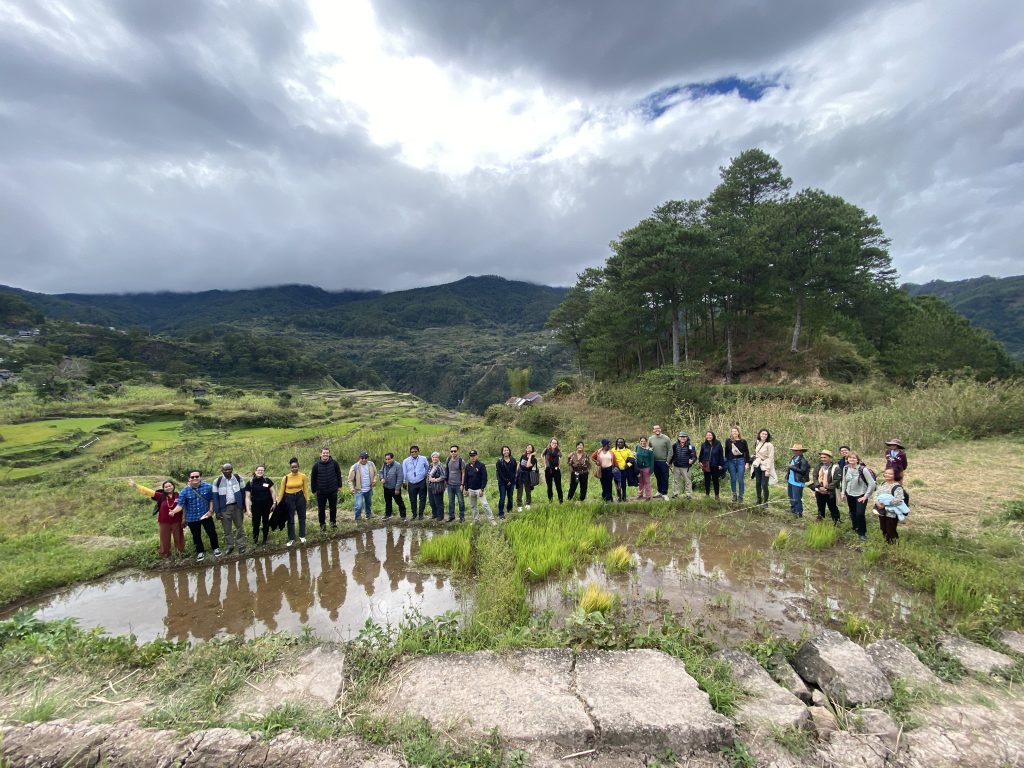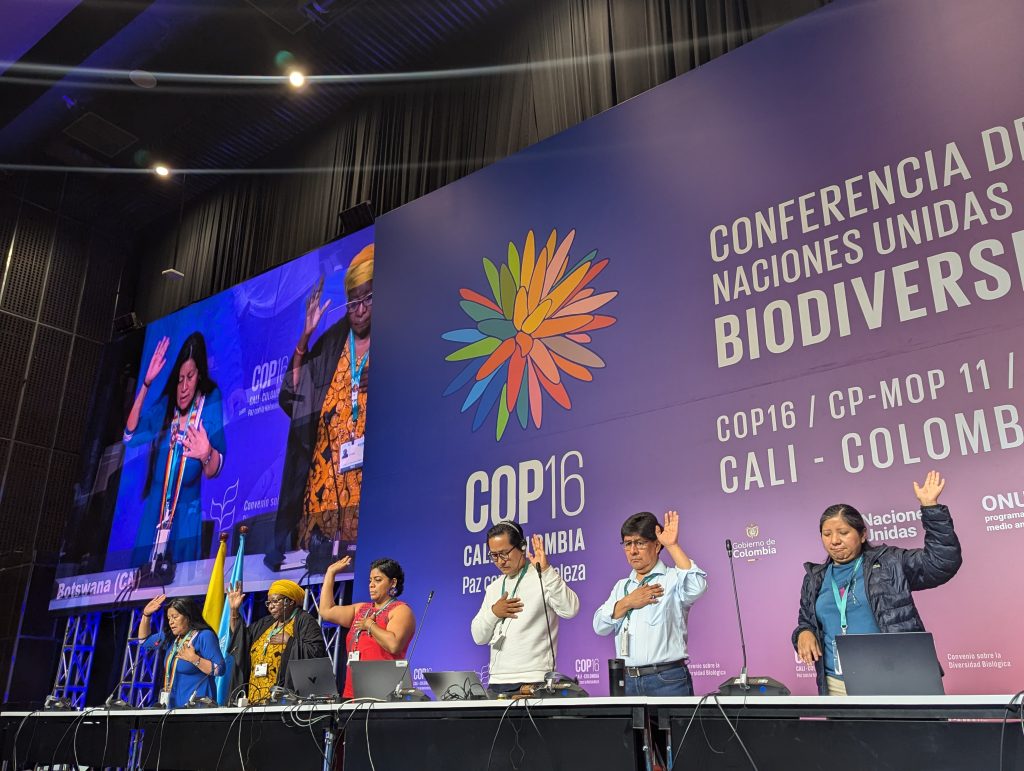In Peru, the Transformative Pathways project is focused on strengthening indigenous people’s initiatives for protecting biodiversity and governing their territories in the Andean-Amazon regions. This is done through the application – and documentation – of traditional Andean-Amazonian agroecological approaches and territory-based provisioning systems.
Key participants in this country’s project are the Wampis in the regions of Amazonas and Loreto (Northern Amazon), the Yanesha people in Pasco (Selva Central), and the Quechua people in Ayacucho.
The project in Peru is implemented by two organisations – The Autonomous Territorial Government of The Wampis Nation (GTANW) and CHIRAPAQ, Centre of Indigenous Cultures of Peru.
Dashed line
Activity
Further info
Key Activities
- Supporting community-based monitoring and communal territorial governance systems
- Regenerating biodiversity and strengthening communal food sovereignty, livelihoods and traditional occupations
- Application of Andean-Amazonian agroecological approaches, including reforestation and recovery of endangered animal and plant species
- Scoping studies and strategies to develop territory-based provisioning systems for food, water, livelihoods and waste management
- Intergenerational knowledge sharing, education of indigenous youth around protection of traditional knowledge, territory and responding to current socio-ecological challenges
- Advocacy and national-level dialogues around laws and proposals relating to biodiversity and indigenous peoples’ territories
- Supporting indigenous communities to document and share experiences
- Promoting the inclusion of indigenous community-led initiatives in CBD (e.g. contributions to NBSAPs) and the Intergovernmental Science-Policy Platform on Biodiversity and Ecosystem Services (IPBES) processes
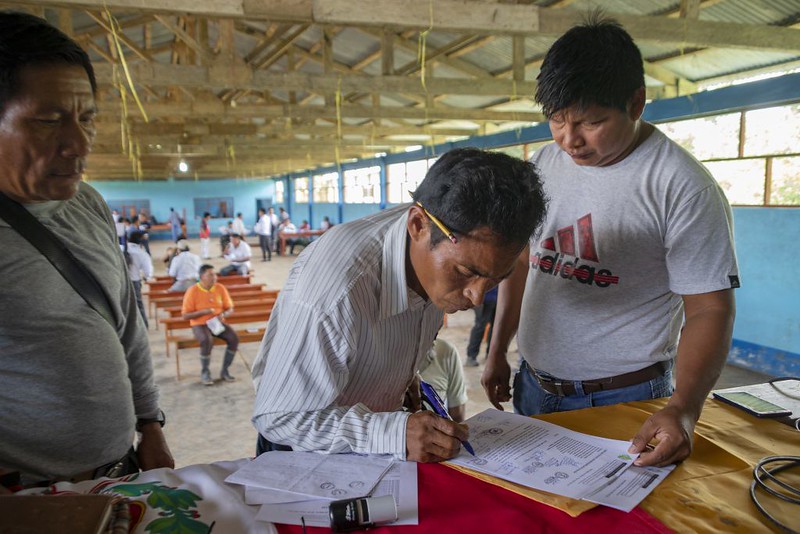
Imiarus sign agreement, 19 March 2021. Photo by Diego Benavente Marchán / GTANW
